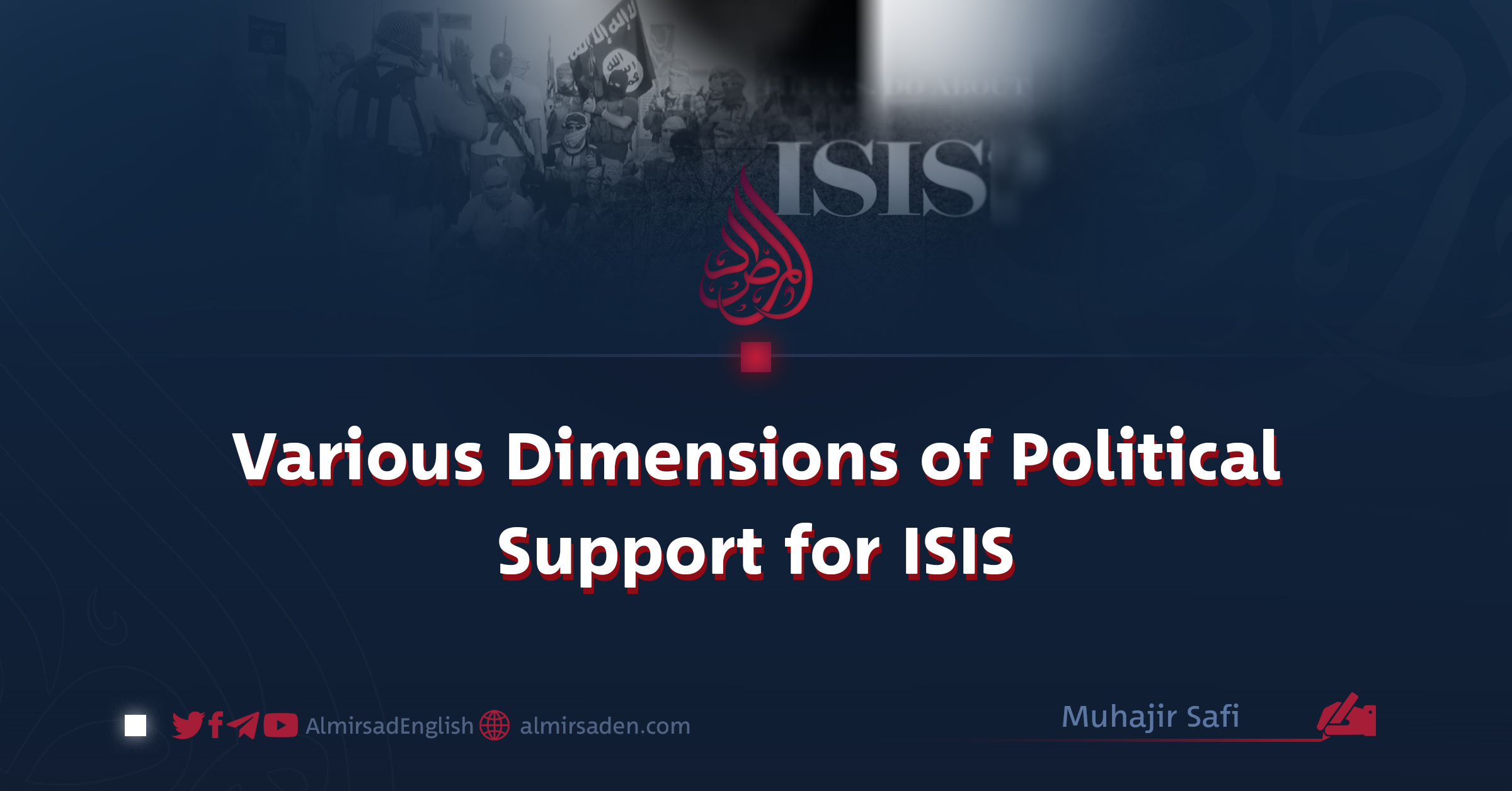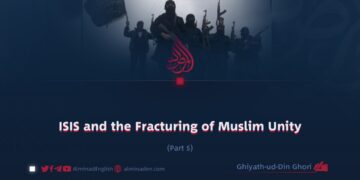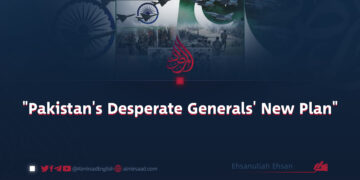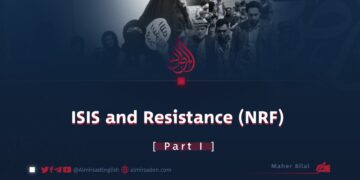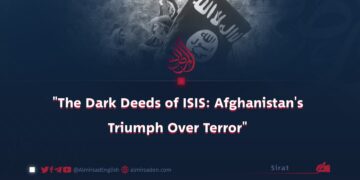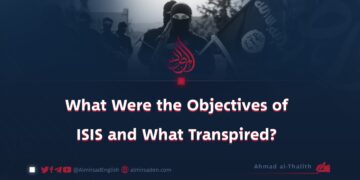Author: Muhajir Safi
It is apparent that the role of non-state armed groups in global politics is becoming increasingly intricate. Amongst these groups, ISIS, also known as the Islamic State, emerges as an organization that not only utilizes horrific tactics in its warfare but has also produced significant political impacts both regionally and globally.
ISIS is not solely a product of ideological endeavors but has also been influenced by indirect support from certain regional and international powers. In recent years, ISIS has garnered substantial political backing on both local and global levels, with some manifestations of this support being overt while others covert.
It is crucial to note that nations with strategic interests in specific regions have at times used the existence of ISIS indirectly to advance their objectives. As a result, they have provided support in indirect forms such as arms supply, financial resources, or destabilizing ISIS’s adversaries.
In general, political support for ISIS can be classified into the following dimensions:
1. Propaganda Support
ISIS has effectively attracted public attention through social media and extensive propaganda campaigns, often benefiting from the backing of certain intelligence circles.
Despite assertions that social media platforms are under the control of entities opposed to terrorism, ISIS has been granted almost unrestricted access to utilize these platforms without constraints. This liberty enables them to disseminate their content and doctrines extensively.
ISIS propagates its ideals through social media, websites, and other digital tools, delivering a structured ideological narrative to its followers and obtaining the endorsement of international extremists.
2. Ideological Support
Certain extremist groups and individuals who align with ISIS’s radical ideology provide a foundational ideological base for the group. This form of support frequently originates from religious or political factions that leverage ISIS’s presence to expand their influence.
In regions like the Middle East, Africa, and other parts of the world, individuals and groups with extremist mindsets are drawn to ISIS’s radical concepts. Although this support is primarily ideological, it occasionally extends to financial and human resources.
3. Indirect Support
Some states, while not openly supporting ISIS, engage in actions that ultimately strengthen the group as part of their strategic objectives. For instance, neglecting to combat ISIS, prolonging regional conflicts, or allowing ISIS’s financial and propaganda networks to operate without interference.
Specific nations exploit the existence of ISIS to weaken their political rivals, offering indirect support to accomplish broader strategic objectives. Essentially, political backing for ISIS represents an intricate game revolving around specific regional and global political objectives, strategic interests, and the propagation of extremist ideologies.































